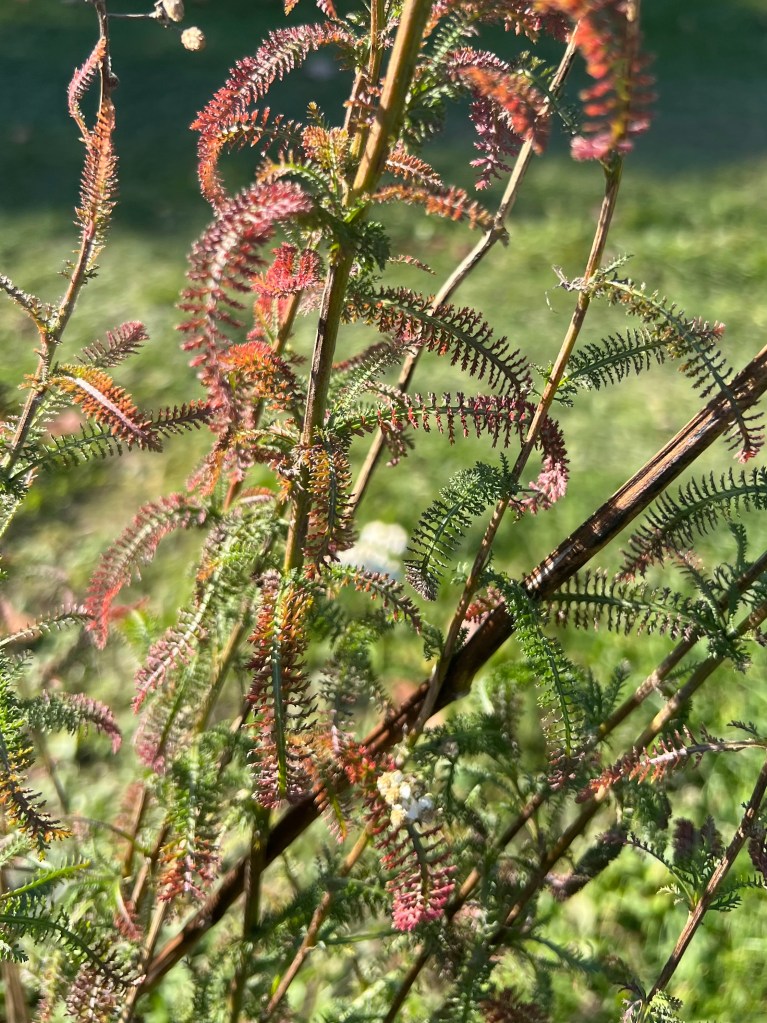Evan Jones, “The Song of the Banana Man”
Touris, white man, wipin his face,
Met me in Golden Grove market place.
He looked at m’ol’ clothes brown wid stain ,
An soaked right through wid de Portlan rain,
He cas his eye, turn up his nose,
He says, ‘You’re a beggar man, I suppose?’
He says, ‘Boy, get some occupation,
Be of some value to your nation.’
I said, ‘By God and dis big right han
You mus recognize a banana man.
‘Up in de hills, where de streams are cool,
An mullet an janga swim in de pool,
I have ten acres of mountain side,
An a dainty-foot donkey dat I ride,
Four Gros Michel, an four Lacatan,
Some coconut trees, and some hills of yam,
An I pasture on dat very same lan
Five she-goats an a big black ram,
Dat, by God an dis big right han
Is de property of a banana man.
‘I leave m’yard early-mornin time
An set m’foot to de mountain climb,
I ben m’back to de hot-sun toil,
An m’cutlass rings on de stony soil,
Ploughin an weedin, diggin an plantin
Till Massa Sun drop back o John Crow mountain,
Den home again in cool evenin time,
Perhaps whistling dis likkle rhyme,
Praise God an m’big right han
I will live an die a banana man.
‘Banana day is my special day,
I cut my stems an I’m on m’way,
Load up de donkey, leave de lan
Head down de hill to banana stan,
When de truck comes roun I take a ride
All de way down to de harbour side—
Dat is de night, when you, touris man,
Would change your place wid a banana man.
Yes, by God, an m’big right han
I will live an die a banana man.
‘De bay is calm, an de moon is bright
De hills look black for de sky is light,
Down at de dock is an English ship,
Restin after her ocean trip,
While on de pier is a monstrous hustle,
Tallymen, carriers, all in a bustle,
Wid stems on deir heads in a long black snake
Some singin de sons dat banana men make,
Like, Praise God an m’big right han
I will live an die a banana man.
‘Den de payment comes, an we have some fun,
Me, Zekiel, Breda and Duppy Son.
Down at de bar near United Wharf
We knock back a white rum, bus a laugh,
Fill de empty bag for further toil
Wid saltfish, breadfruit, coconut oil.
Den head back home to m’yard to sleep,
A proper sleep dat is long an deep.
Yes, by God, an m’big right han
I will live an die a banana man.
‘So when you see dese ol clothes brown wid stain,
An soaked right through wid de Portlan rain,
Don’t cas your eye nor turn your nose,
Don’t judge a man by his patchy clothes,
I’m a strong man, a proud man, an I’m free,
Free as dese mountains, free as dis sea,
I know myself, an I know my ways,
An will sing wid pride to de end o my days
Praise God an m’big right han
I will live an die a banana man.’
http://www.favoritepoem.org/poems/the-song-of-the-banana-man/, from The Penguin Book of Caribbean Verse in English Copyright © 1986.
Painting by Dusabe King Christian from Kigali, Rwanda. https://komezart.com/collections/dusabe-king-christian





 niya
niya